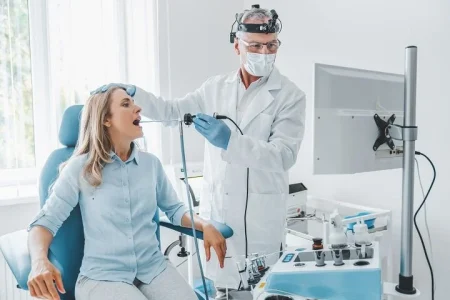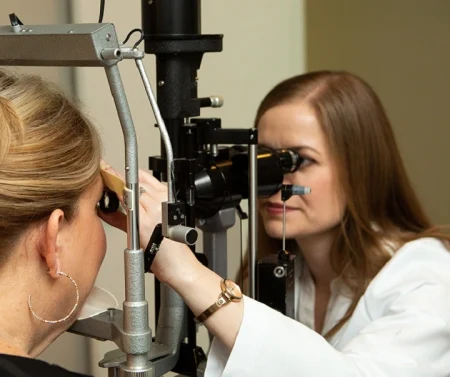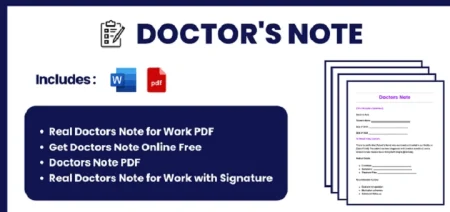In the realm of musculoskeletal health, finding the right orthopedic doctor can make all the difference. Whether you’re dealing with chronic joint pain, sports injuries, or orthopedic conditions, having a skilled and experienced orthopedist by your side is essential for effective treatment and recovery. However, with countless orthopedic doctors available, narrowing down your options to find the best one for your needs can be daunting. Fear not, as this comprehensive guide is here to help you navigate the process of finding top-rated orthopedic doctors near you.
Understanding Orthopedic Care:
Orthopedic care encompasses a wide range of specialties focused on diagnosing, treating, and preventing conditions affecting the musculoskeletal system. This system includes bones, joints, muscles, ligaments, tendons, and nerves, making orthopedic doctors vital in addressing various issues such as fractures, arthritis, sprains, strains, and more.
Types of Orthopedic Doctors:
- Orthopedic Surgeons: These specialists are trained in surgical techniques to address complex orthopedic conditions, such as joint replacement surgery, spinal surgery, and trauma surgery.
- Sports Medicine Physicians: They specialize in treating sports-related injuries, providing both non-surgical and surgical interventions to athletes of all levels.
- Orthopedic Specialists: These doctors focus on specific areas within orthopedics, such as hand surgery, foot and ankle surgery, or pediatric orthopedics.
- Physical Medicine and Rehabilitation (PM&R) Physicians: Also known as physiatrists, they specialize in non-surgical treatments, including physical therapy, medication management, and injections for pain relief and functional improvement.
Factors to Consider When Choosing an Orthopedic Doctor:

- Board Certification: Ensure that the orthopedic doctor is board-certified in their respective specialty, indicating that they have met rigorous standards of training and expertise.
- Experience and Expertise: Look for doctors with extensive experience in treating your specific condition or performing the procedure you require. A track record of successful outcomes is a positive indicator.
- Reputation and Reviews: Research online reviews, patient testimonials, and referrals from trusted sources to gauge the doctor’s reputation for quality care and patient satisfaction.
- Communication and Bedside Manner: Opt for a doctor who listens attentively to your concerns, explains treatment options clearly, and fosters a collaborative relationship with you throughout your care journey.
- Accessibility and Location: Consider the doctor’s proximity to your home or workplace, as well as their availability for appointments and emergencies.
- Hospital Affiliations: Verify which hospitals or surgical centers the orthopedic doctor is affiliated with, ensuring access to state-of-the-art facilities and resources for comprehensive care.
How to Find Orthopedic Doctors Near You:
- Ask for Recommendations: Seek referrals from your primary care physician, friends, family members, or colleagues who have had positive experiences with orthopedic care.
- Use Online Directories: Explore online directories and healthcare websites that allow you to search for orthopedic doctors based on location, specialty, and patient reviews.
- Check with Insurance Providers: Contact your health insurance provider to obtain a list of orthopedic doctors within your network, minimizing out-of-pocket expenses.
- Attend Health Fairs and Seminars: Attend local health fairs, seminars, or community events where orthopedic doctors may offer free consultations or educational sessions.
- Utilize Social Media and Forums: Engage with online communities, forums, and social media platforms dedicated to orthopedic health to seek recommendations and insights from fellow patients.
Questions to Ask During Your Initial Consultation:
- What is your experience in treating my condition or performing this procedure?
- What are the potential risks and benefits of the recommended treatment options?
- Can you explain the expected recovery process and timeline?
- Do you offer alternative or conservative treatments before considering surgery?
- How do you approach pain management during and after treatment?
- What should I expect in terms of post-operative care and follow-up appointments?
- Are there any lifestyle modifications or rehabilitation exercises I should incorporate into my treatment plan?
Finding top-rated orthopedic doctors near you requires careful consideration of various factors, including experience, expertise, reputation, and accessibility. By following the steps outlined in this guide and asking the right questions during your initial consultation, you can make an informed decision that prioritizes your musculoskeletal health and overall well-being. Remember, your journey to recovery starts with finding the right orthopedic doctor who understands your needs and empowers you to live life to the fullest.








